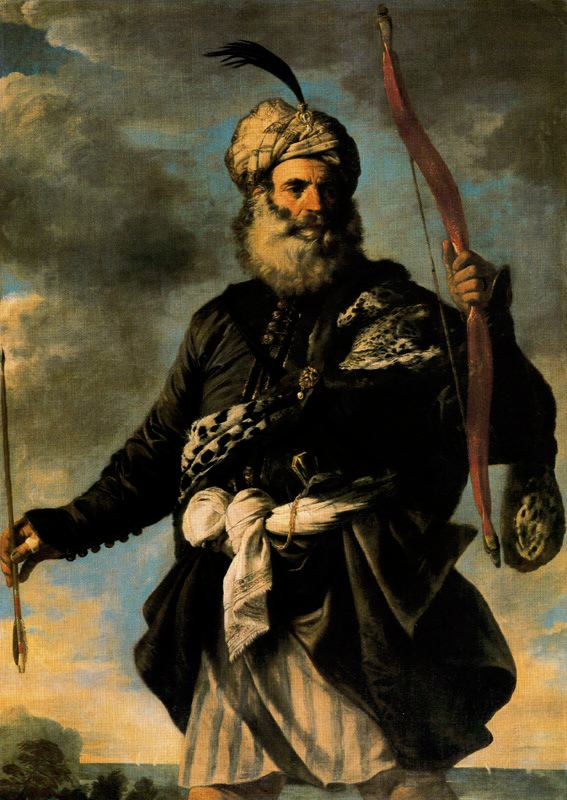
What is a Renegade?
The answer today is VERY than it was 400 years ago.
Words often take on new meanings over time. The word “renegade” is a prime example.
In 1612, a Portuguese Benedictine monk named Diego de Haedo described the residents of the great city of Algiers.
De Haedo wrote that while living in Algiers, he encountered:
“Muscovites, Walachians, Bulgarians, Hungarians, Czechs, Germans, Danes, Norwegians, Scots, Englishmen, Irish, Flemish, Burgundians, French, Navarrese, Aragonese, Catalans, Majorcans, Sardinians, Corsicans, Sicilians, Calabrians, Neopolitans, Romans, Tuscans, Genovese, Savoyards, Lombards, Venetians, Slavonians, Albanians, Bosnians, Greeks, Cretans, Cypriots, Syrians, Egyptians, Abyssinians, and even Native American Indians from the West Indies, Brazil, and New Spain [Mexico].”
De Haedo neglects to mention his countrymen, the Castilians and the Portuguese, but they were there as well.
North Africa of the 1600’s was quite cosmopolitan!
Here’s why:
Feudal Europe was tough. There weren’t many opportunities for regular folks, the “little people.” In Muslim-governed lands, on the other hand, an ordinary person could seek his fortune – similar to America in later centuries.
Also, in the 1600’s, if a Christian European man or woman wanted to convert to Islam, they couldn’t stay in Europe. They had to emigrate.
So lots of people left.
Probably millions.
Given the difficulties of travel at that time, as well as cultural factors, most of them never went back.
The converts in particular – the “Renegades” – had little hope of seeing their homelands again.
Dr. Umar Faruq Abd-Allah explains:
“Conversion to Islam generally meant to bid one’s European homeland farewell forever. Those who returned to Roman Catholic realms faced the danger of being brought before Inquisitorial Tribunals. Protestant lands were more benign, but, even there, a Renegade, once having returned home, dared not preach or practice Islam publicly.”
The term “Renegade” was used by Christian Europeans to refer to European Muslim converts. This term was first used in English circa 1611. Today, it has mostly lost its religious significance.
ren·e·gade
noun
- a person who deserts and betrays an organization, country, or set of principles.
- a person who behaves in a rebelliously unconventional manner.
- (archaic) a person who abandons religion; an apostate.
adjective
- having treacherously changed allegiance.
- (archaic) having abandoned one’s religious beliefs.
Origin: from Spanish renegado, from medieval Latin renegatus ‘renounced,’ past participle (used as a noun) of renegare, from re- (expressing intensive force) + Latin negare ‘deny’
In the 1600’s, rebellion was not yet in fashion, and the term “Renegade” was a strong pejorative.
Today we might call it hate speech.
But in modern usage, “renegade” is not always a bad word. It actually has some positive associations, especially in American pop culture.
Some rebels have a good cause.
Though estimates vary widely, the number of Renegades in the 1600’s was probably in the millions. They were especially influential in the African Maghreb, including the great port cities of Tunis, Algiers, and Salee.
Dr. Abd-Allah continues:
“Renegade numbers…were so large and their services so essential that they constituted a vital element in the economies, administrations, and fighting forces of the Muslim Mediterranean. De Haedo and other witnesses emphasized their utility and prominence in the contemporary Muslim world. They entered all Muslim economic and social classes from tailors, carpenters, and artisans to bureaucrats, governors, and men of war.”
Over the course of this project, we’re going to spend some time with the last category – the men of war.
Many of the great corsairs of the 1600’s were Renegades.
These were no ordinary pirates.

Leave a Reply